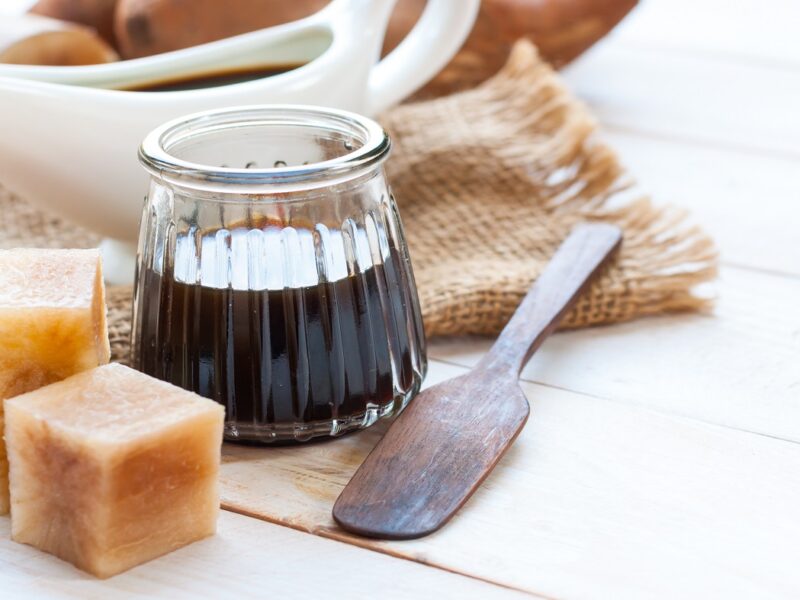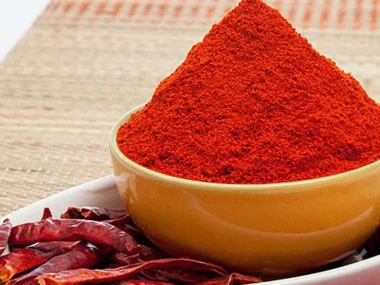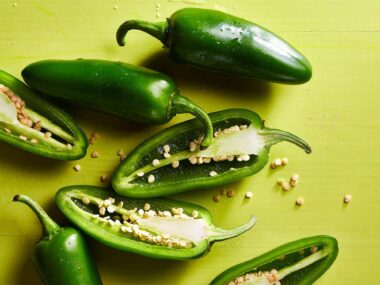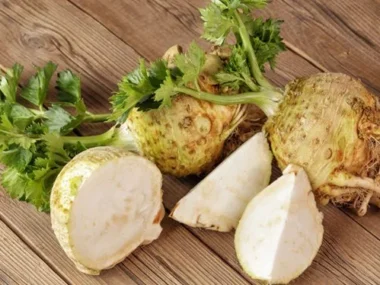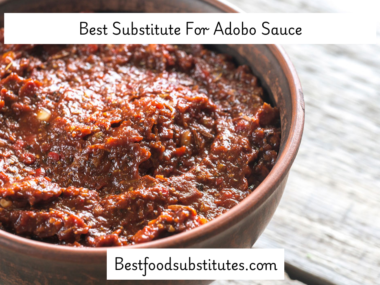Sugar is everywhere. From the soda we drink to the snacks we eat, sugar has become a staple in many people’s diets. While it might taste good, consuming too much sugar can have negative effects on our health. High sugar intake is linked to several health problems, including obesity, diabetes, heart disease, and tooth decay. That’s why many people are looking for healthier substitutes for sugar.
If you’re one of them, you’re in the right place. In this blog post, we’ll explore 11 different substitutes for sugar that you can use in your cooking and baking. These substitutes can help you enjoy sweet flavors without the negative effects of sugar.
11 Substitutes For Sugar Figgerits
1. Honey
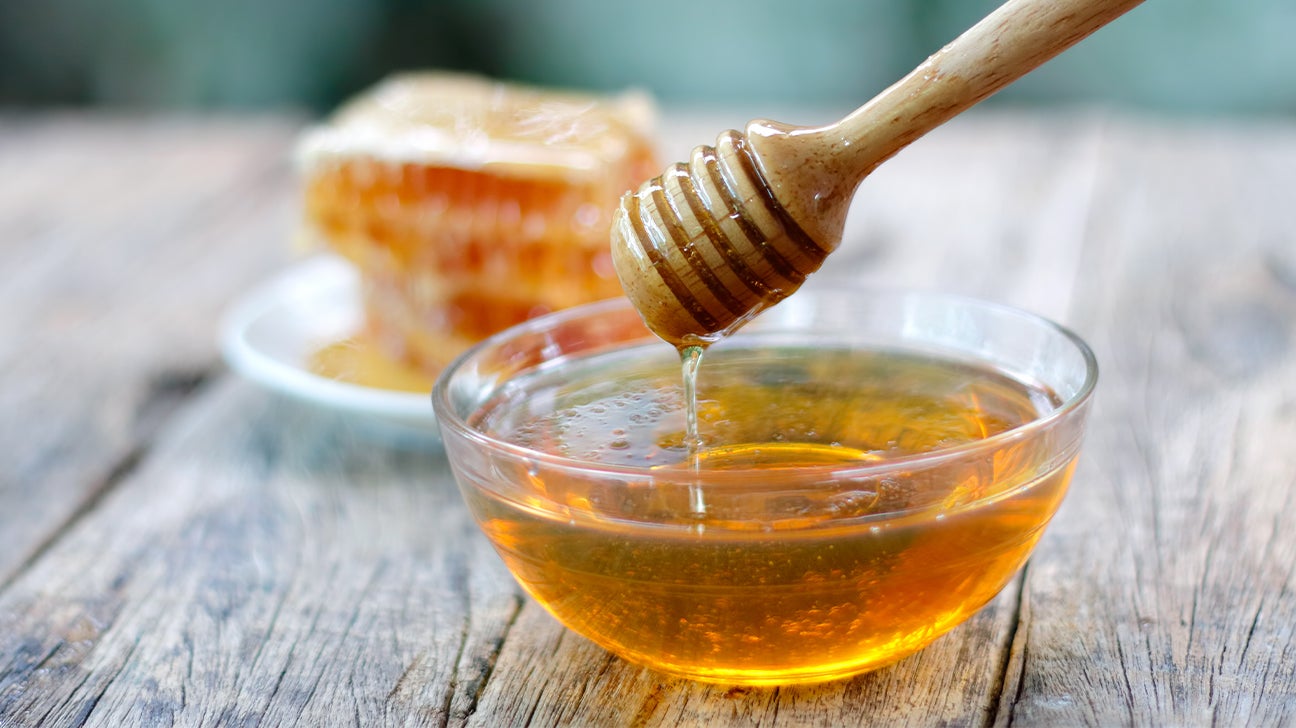
Honey is one of the most popular natural sweeteners. It is made by bees from the nectar of flowers. Honey has been used as a sweetener for thousands of years. Unlike sugar, which is highly processed, honey is more natural. It contains small amounts of vitamins and minerals, including vitamins B and C, calcium, and iron. Honey also has antioxidant properties, which can help protect the body from damage caused by free radicals.
However, it’s important to remember that honey is still high in calories and should be used in moderation. It is also sweeter than sugar, so you might need to use less of it. Honey is great in tea, on toast, or even in baking. Just be sure to choose raw or unprocessed honey to get the most benefits.
2. Maple Syrup

Maple syrup is another natural sweetener that comes from the sap of maple trees. It is a good alternative to sugar because it has a lower glycemic index. This means that it does not cause a rapid spike in blood sugar levels like regular sugar does. Maple syrup is also a source of some nutrients, such as manganese and zinc, which are good for the immune system and overall health.
When using maple syrup as a substitute for sugar, keep in mind that it is still a source of calories. It has a rich, distinct flavor that pairs well with pancakes, waffles, oatmeal, and yogurt. You can also use it in baking and cooking to add a unique flavor to your dishes.
3. Agave Nectar
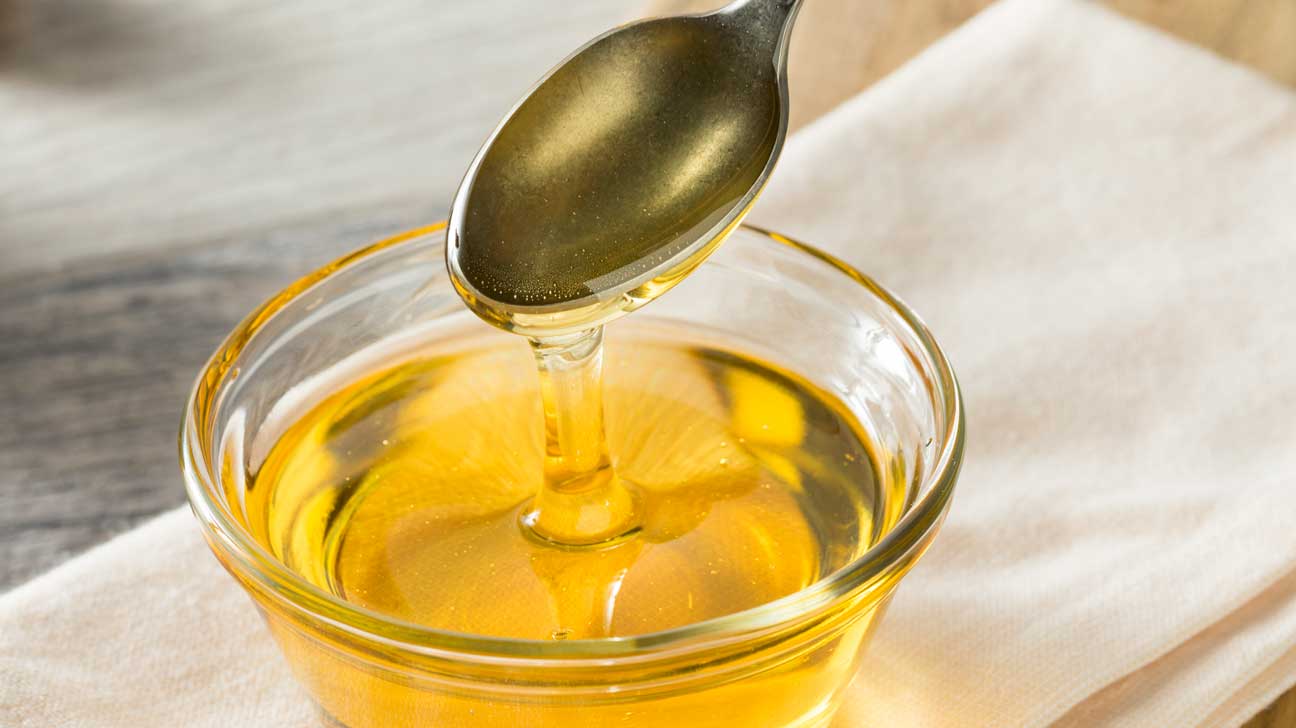
Agave nectar, or agave syrup, comes from the agave plant, which is native to Mexico. It has a sweet taste and is often used as a sugar substitute in baking and cooking. Agave nectar has a low glycemic index, making it a good option for people who want to control their blood sugar levels. However, it’s worth noting that agave nectar is high in fructose, which can be harmful if consumed in large amounts.
Agave nectar is sweeter than sugar, so you will need less of it to achieve the same level of sweetness. It is often used in drinks, such as smoothies and cocktails, as well as in baking. If you decide to use agave nectar, look for a high-quality, organic product that is minimally processed.
4. Stevia

Stevia is a natural sweetener that comes from the leaves of the stevia plant, which is native to South America. It is much sweeter than sugar, so only a small amount is needed to sweeten food and drinks. Stevia has zero calories, making it a great option for those who are trying to reduce their calorie intake or manage their weight.
Stevia is available in several forms, including liquid drops, powders, and granulated forms that resemble sugar. It is often used in beverages, such as tea and coffee, as well as in baking and cooking. Since stevia has a slightly bitter aftertaste, it might take some time to get used to it. However, many people find it to be a suitable alternative to sugar once they do.
Read also 14 Best Substitutes For Parsnips In Soup
5. Coconut Sugar
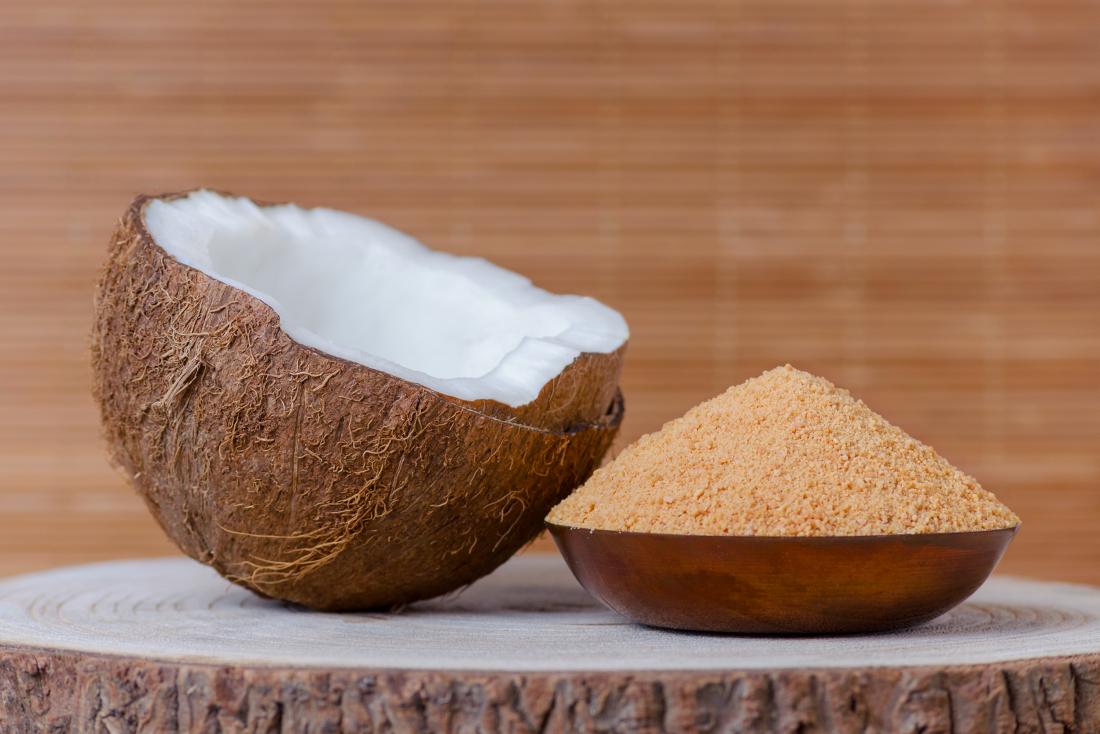
Coconut sugar is made from the sap of the coconut palm tree. It is a natural sweetener that has gained popularity in recent years as a healthier alternative to sugar. Coconut sugar contains small amounts of nutrients, including iron, zinc, calcium, and potassium, as well as antioxidants. It also has a lower glycemic index than regular sugar, which means it has a smaller impact on blood sugar levels.
Coconut sugar has a mild caramel flavor, making it a great substitute for sugar in baking and cooking. It can be used in the same way as regular sugar, and it works well in recipes for cookies, cakes, and other baked goods. However, it’s important to remember that coconut sugar is still a source of calories, so it should be used in moderation.
6. Monk Fruit Sweetener
:max_bytes(150000):strip_icc()/GettyImages-1130519486-dc99352c8cfe4af8822e08340750a0f5.jpg)
Monk fruit sweetener is made from the extract of monk fruit, a small green melon that is native to southern China. It is a natural, calorie-free sweetener that has been used for centuries in traditional Chinese medicine. Monk fruit sweetener is much sweeter than sugar, so only a small amount is needed to achieve the desired sweetness.
One of the main benefits of monk fruit sweetener is that it does not raise blood sugar levels, making it a good option for people with diabetes or those who are trying to manage their blood sugar levels. It is available in several forms, including granules, powders, and liquid drops. Monk fruit sweetener can be used in drinks, baking, and cooking as a substitute for sugar.
7. Date Sugar

Date sugar is made from dried dates that have been ground into a fine powder. It is a natural sweetener that retains many of the nutrients found in dates, including fiber, potassium, and magnesium. Unlike regular sugar, which is highly processed, date sugar is less processed and has a rich, caramel-like flavor.
Date sugar is a good substitute for brown sugar in recipes for cookies, cakes, and other baked goods. It can also be used to sweeten oatmeal, yogurt, and smoothies. Since date sugar does not dissolve well in liquids, it is not the best option for sweetening beverages. However, it works well in recipes that require a granulated sweetener.
8. Molasses
:max_bytes(150000):strip_icc()/molasses-5941b263fac44b77aeb6b58d80084f98.jpg)
Molasses is a thick, dark syrup that is a byproduct of the sugar-making process. It has a strong, distinctive flavor that is both sweet and slightly bitter. Molasses is a good source of several nutrients, including iron, calcium, magnesium, and potassium. It also contains antioxidants, which can help protect the body from damage caused by free radicals.
Molasses is often used as a sweetener in baking and cooking, particularly in recipes for gingerbread, cookies, and cakes. It can also be used to sweeten marinades, sauces, and glazes. Since molasses has a strong flavor, a little goes a long way. It is also high in calories, so it should be used in moderation.
9. Erythritol
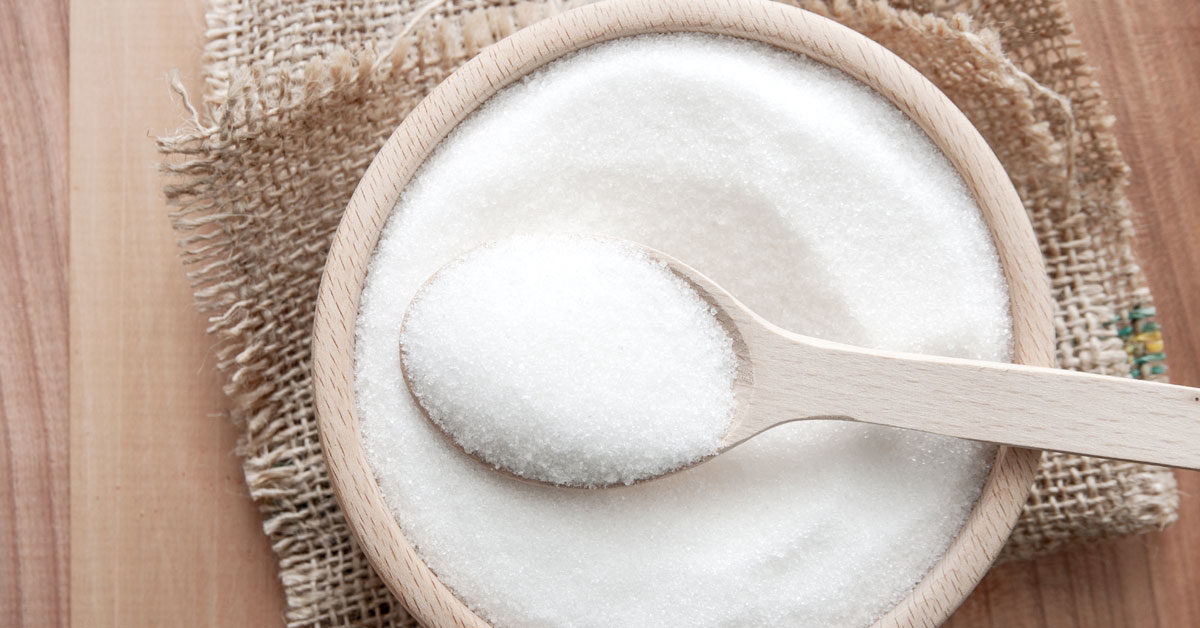
Erythritol is a sugar alcohol that is found naturally in some fruits and fermented foods. It is a low-calorie sweetener that has a similar taste and texture to sugar. Erythritol is about 70% as sweet as sugar, so it can be used as a substitute in a variety of recipes. One of the main benefits of erythritol is that it does not raise blood sugar levels, making it a good option for people with diabetes or those who are trying to manage their blood sugar levels.
Erythritol is often used in baking and cooking as a substitute for sugar. It can also be used to sweeten beverages, such as tea and coffee. Since erythritol has a cooling effect on the tongue, it might take some time to get used to it. However, many people find it to be a suitable alternative to sugar once they do.
10. Xylitol
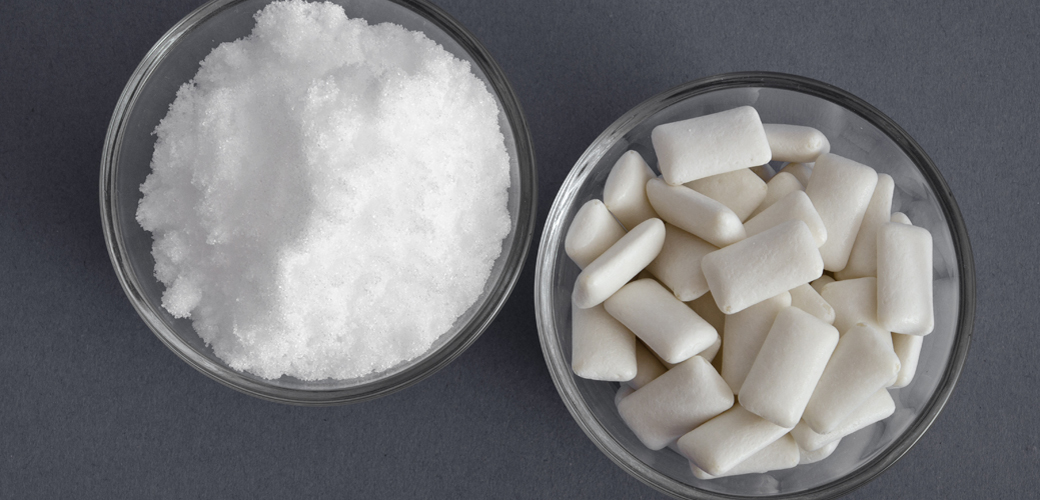
Xylitol is another sugar alcohol that is found naturally in some fruits and vegetables. It is a low-calorie sweetener that has a similar taste and texture to sugar. Xylitol is about as sweet as sugar, so it can be used as a one-to-one substitute in most recipes. One of the main benefits of xylitol is that it does not raise blood sugar levels, making it a good option for people with diabetes or those who are trying to manage their blood sugar levels.
Xylitol is often used in baking and cooking as a substitute for sugar. It can also be used to sweeten beverages, such as tea and coffee. Xylitol is also known for its dental benefits, as it can help reduce the risk of tooth decay. However, it is important to note that xylitol can be toxic to dogs, so it should be kept out of reach of pets.
Read also 10+ Best Substitutes For Belgian Endive
11. Yacon Syrup
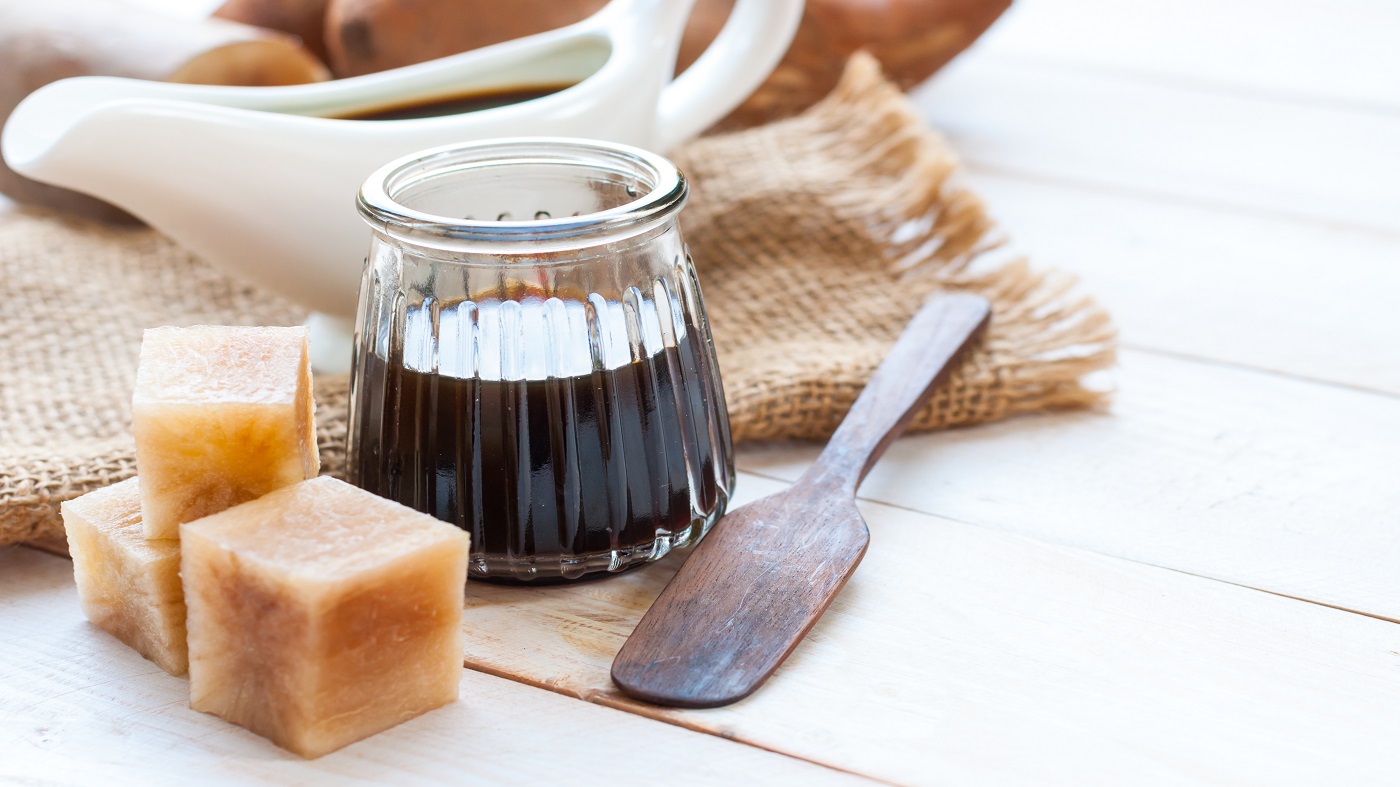
Yacon syrup is made from the roots of the yacon plant, which is native to the Andes region of South America. It is a natural sweetener that has a low glycemic index and is rich in prebiotics, which can help promote gut health. Yacon syrup has a mild, molasses-like flavor and is often used as a sugar substitute in baking and cooking.
Yacon syrup is sweeter than sugar, so you will need less of it to achieve the same level of sweetness. It can be used in a variety of recipes, including baked goods, sauces, and dressings. Yacon syrup is also a good option for people who are looking for a natural sweetener that does not raise blood sugar levels.
Conclusion
Reducing sugar intake is an important step towards better health. While sugar adds sweetness to our food and drinks, too much of it can lead to several health problems. Fortunately, there are many substitutes for sugar that can help you enjoy sweet flavors without the negative effects.
Each of these substitutes has its own unique flavor and health benefits, so you can find the one that best suits your needs and preferences. Remember to use these substitutes in moderation, as even natural sweeteners can add up in calories.
